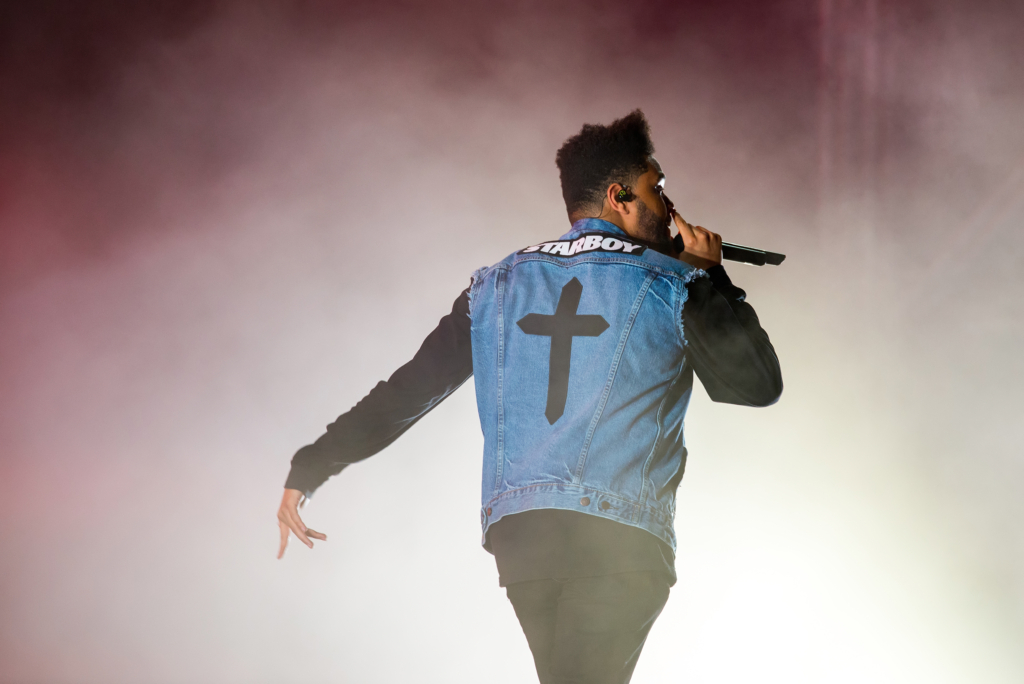In mid-April, a new song called “Heart on My Sleeve” was released, featuring R&B stars Drake and The Weeknd. Unsurprisingly for a track involving two well-known recording artists, the song became an overnight viral sensation. More surprisingly, it wasn’t because either artist actually wrote or performed the song. According to Vice, it was entirely written and performed by AI, at the direction of a social media user who goes by Ghostwriter.
“Heart on My Sleeve” demonstrates how AI can augment human creativity and expand artistic horizons. However, AI-generated songs may also spoof real artists so believably that artists and their labels are concerned about copyright infringement. And that has implications for those artists’ right to control their own personas, reputations, and intellectual property. In a lawsuit on those topics, they may turn to litigation surveys asking what—and who—listeners believe they heard.
Testing AI deception through surveys
With “Heart on My Sleeve” spreading quickly across social media platforms, what evidence exists that people listening to the song believed they were listening to Drake or The Weeknd? To test that, a party to a hypothetical lawsuit may wish to gather evidence of actual confusion among consumers. This may involve a likelihood of confusion survey. This kind of survey is normally used to determine whether consumers are confused about the source or affiliation of a trademark, product, or brand, but it can also can shed light on who consumers believe wrote, sang, or authorized a song.
A survey intended to measure consumer confusion about the source of an AI-generated song would need to interview consumers of the type of music at issue. In this case, that may be fans of hip-hop, R&B, or pop music, which is the larger marketplace that contains fans of Drake and The Weeknd. This group would then be split into a test group that hears the original “Heart on My Sleeve” or a control group that hears an adapted version, which would alter the voices and the names of the artists. Both groups would then be asked who they thought wrote or performed the song they had just listened to. By changing only the voices in the adapted version, a survey could provide evidence about whether consumers believe the song was sung by Drake, The Weeknd, both, or neither.
Conclusion
As the legal landscape around AI-generated art matures, legal conflicts are very likely. As those conflicts emerge—and shape the legal landscape—law firms and businesses may turn to consumer surveys. Adopting well-designed and well-executed survey evidence can help bolster arguments for protecting the personas, brands, and intellectual property of the artists and labels that are affected.
MMR Strategy Group offers consumer surveys for use as evidence in trademark, false advertising, and other intellectual property litigation. Contact us today to discuss how a survey would help with your litigation.
